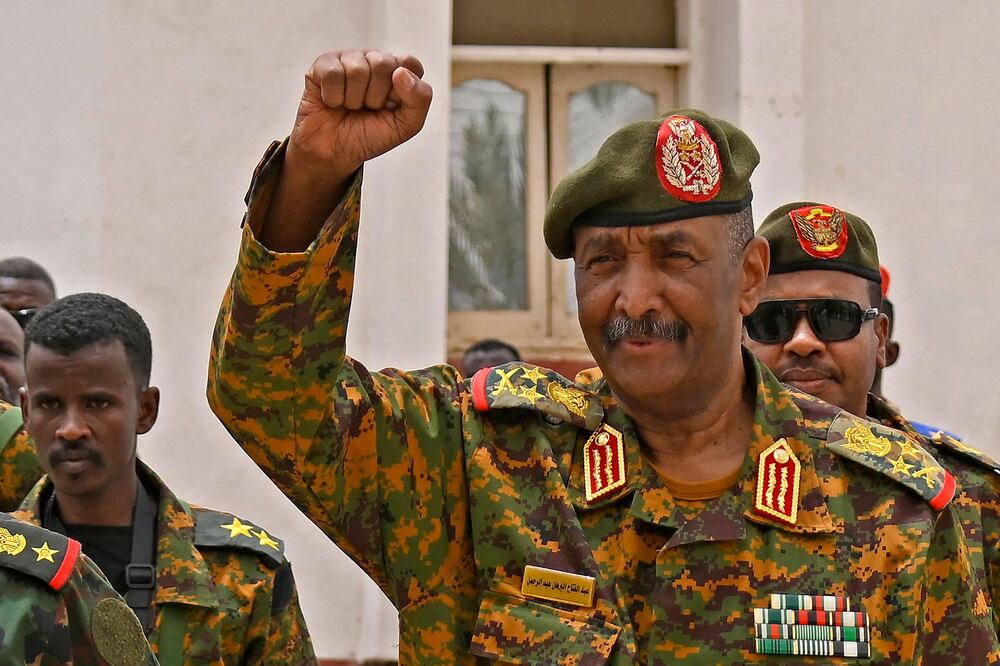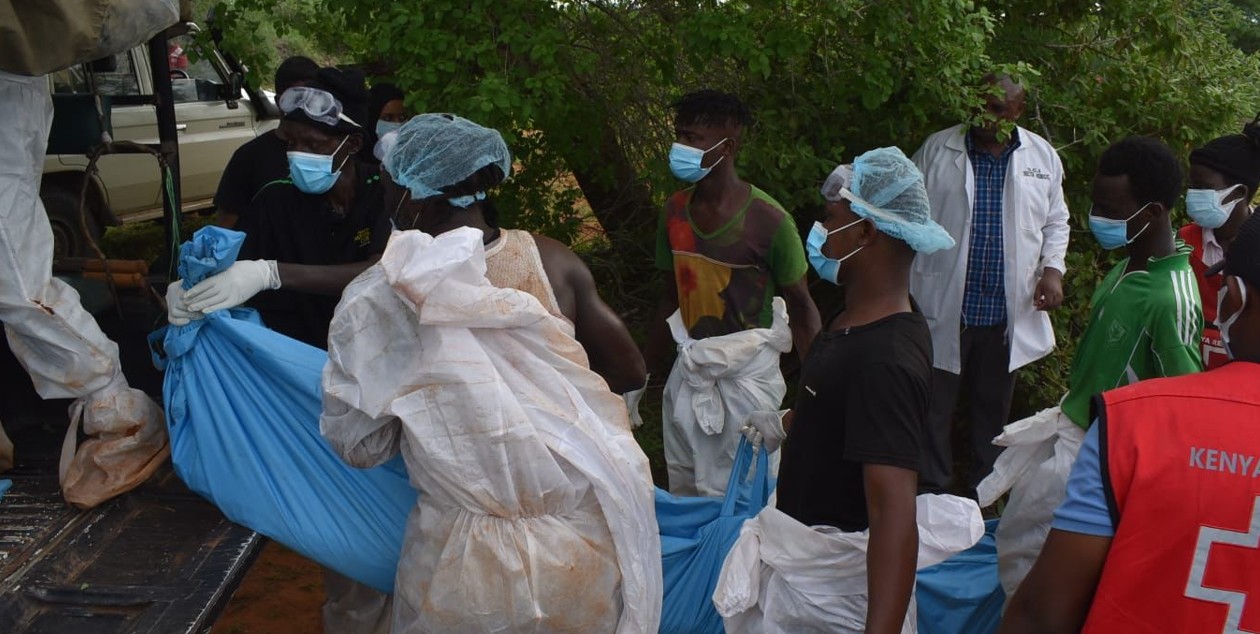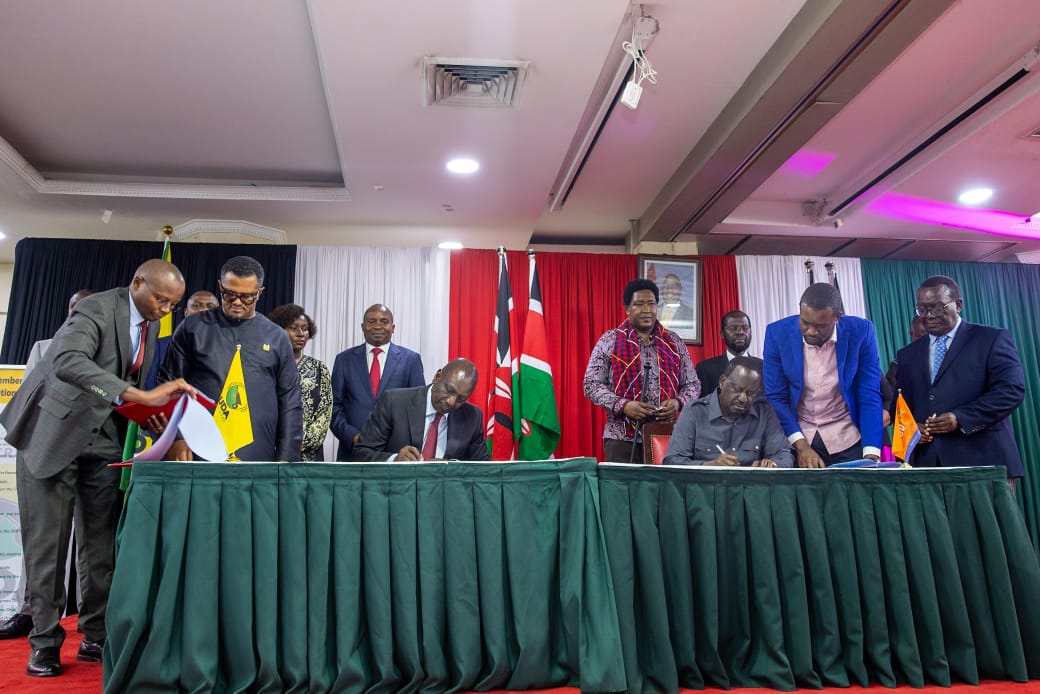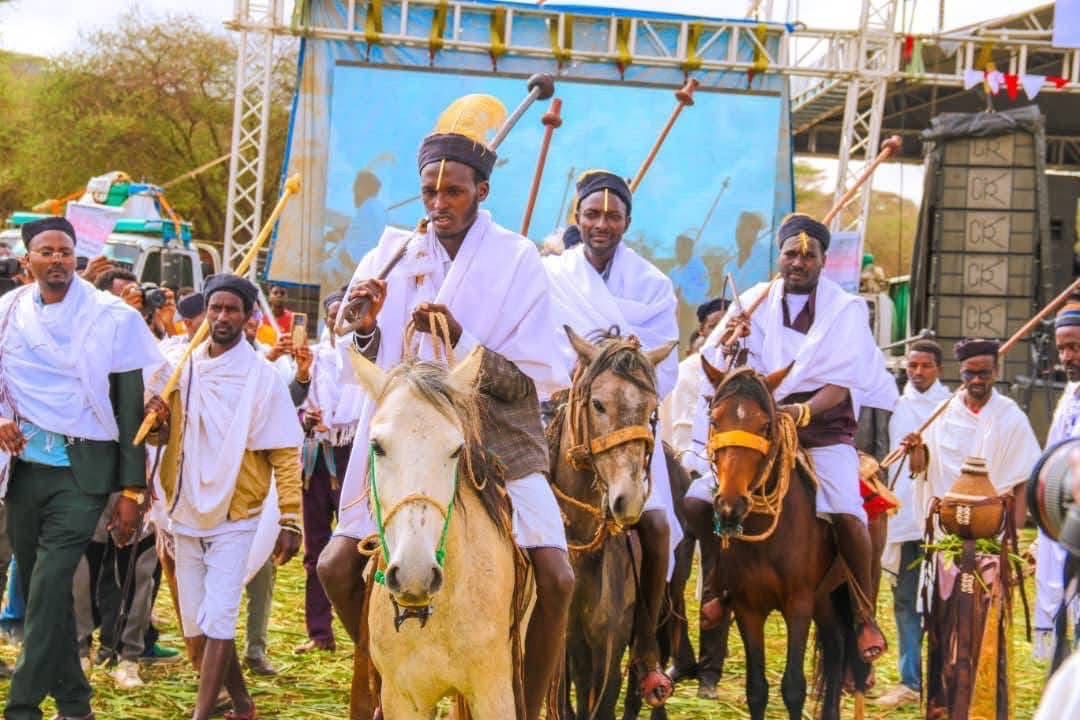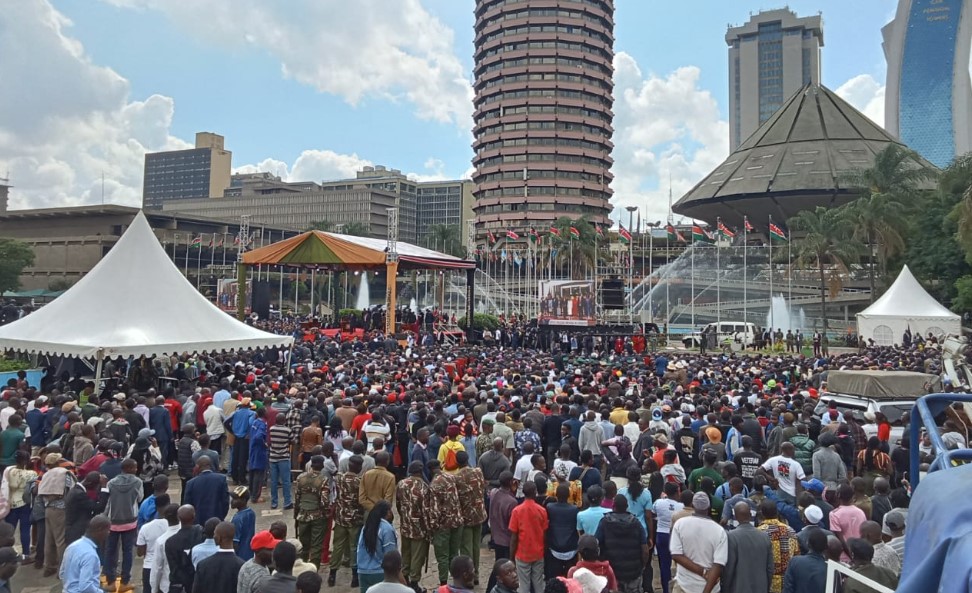Ethiopia's Tigray region stares at fresh famine amidst conflict, climate crisis
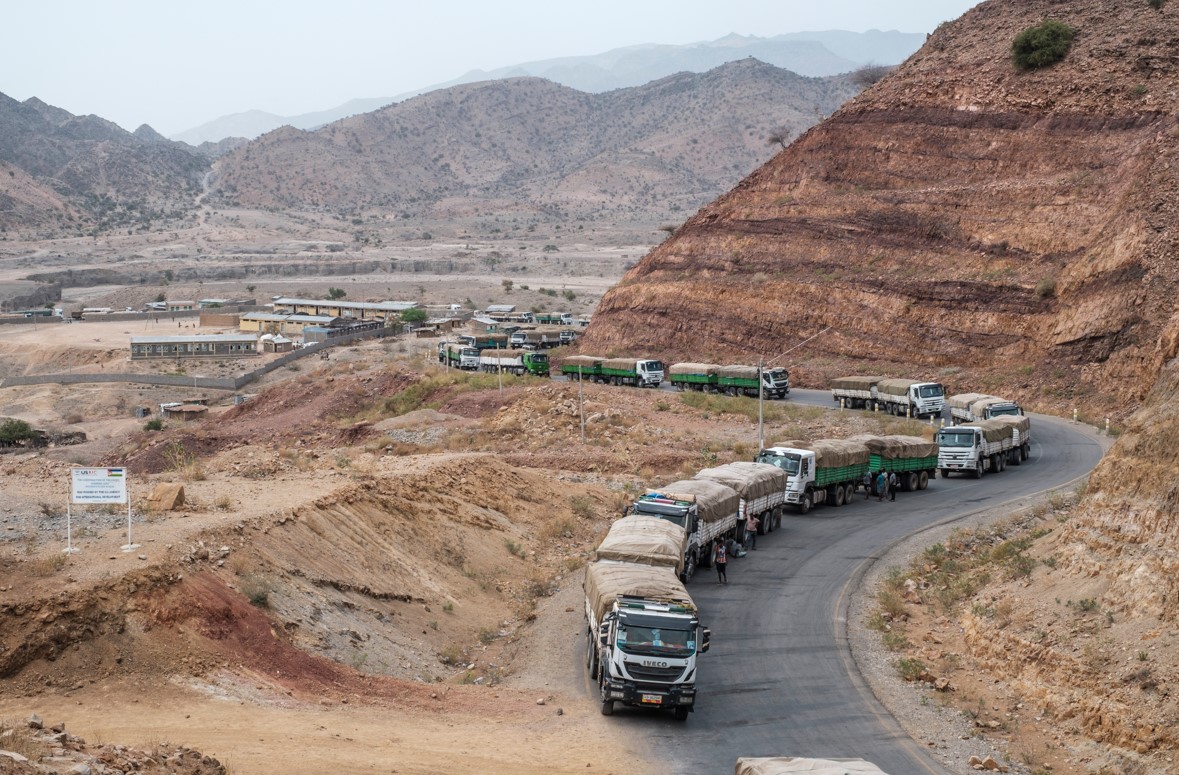
The region has been plagued by a consecutive two years of war and the unforgiving effects of climate change.
In the war-ravaged Tigray region of Ethiopia, famine is staring at thousands of people as the reality of drought and conflict bites.
The region has been plagued by a consecutive two years of war and the unforgiving effects of climate change.
More To Read
- Axum court dismisses case against schools over hijab ban; students and advocates decry rights violations
- Thousands protest in Ethiopia’s Mekelle over schools’ non-compliance with court’s hijab rulings
- Tigray's forgotten internally displaced people grapple with severe social and economic challenges
- Tigray’s interim president calls for peaceful relations with Eritrea
Once-lush fields now lie barren, a stark testament to the harsh challenges faced by the inhabitants. At the Fenarwa Health Center, Ada Arae Girmay, a mother of 10, tends to malnourished babies, including her one-year-old twins, Assefa and Metkel.
The health centre provides a lifeline through Ready-to-use Supplementary Food (RUSF), sustaining these vulnerable children. Girmay laments the shift from being a farmer to having nothing, with hunger prevailing as the sole constant. The desperation echoes among other mothers at the health centre.
"The health centre's supplementary food sustains my babies; it's their sole nourishment. Once farmers, now with nothing, hunger prevails. The kids, one year old, rely solely on this sustenance," she said.
Facing the grim realities is Tadesse Mehari, Director of Finarwa Health Center. Displaced himself due to the conflict, Mehari left his home in Humera with nothing, finding refuge in Mekelle.
After nearly three years, he seized an opportunity to contribute by working as a health officer in Finarwa.
He expresses the dire situation, stating, "A lot of people are suffering. They are starving. They are dying."
Facilities in ruins
The challenges are immense, with war leaving health facilities in ruins, including the esteemed Aydar hospital in Mekelle, struggling to provide basic care.
Desperation extends beyond health centres, as villagers flock to district leaders' offices, unable to endure the emptiness in their homes.
In the Messebo district, 70-year-old farmer Haile Gebre Kirstos ploughs his parched land, shocked by an unusually dry season. Lush fields that once sustained livestock are now barren.
Forced by desperation, Kirstos begins ploughing months earlier than usual, haunted by memories of the 1980s famine. "We have nothing, absolutely nothing. Some resort to selling their possessions, like cattle, for survival. Despite having three farms, there's nothing to harvest. Selling cattle becomes a means of survival when there's nothing else to eat," he said.
The hunger crisis results from a complex interplay of factors, including a two-year brutal war, disrupting farming activities and access to fertilisers.
Humanitarian aid is hindered as the UN and US suspended assistance due to allegations of theft by Ethiopian authorities.
Edgar Githua, an international relations expert, sees the looting of humanitarian aid as a war tactic by the Ethiopian government to weaken the TPLF. This, however, is deemed illegal under international humanitarian law.
"The government has weaponised food and by taking the food aid that has been sent to the Tigranian region, the government was just basically trying to use something we call scorched earth policy. It is something that has been banned in international humanitarian law. It is against international humanitarian law for siege, it is prohibited to use methods of warfare that are going to put civilians at risk," he said.
Tigrayan officials accuse the federal government of downplaying the crisis, while Tigray faces one of the worst famines in its history. In a rare admission, the national ombudsman acknowledges nearly 400 starvation deaths in Tigray and Amhara regions, highlighting the urgent need for international intervention in this dire humanitarian crisis.
Top Stories Today





